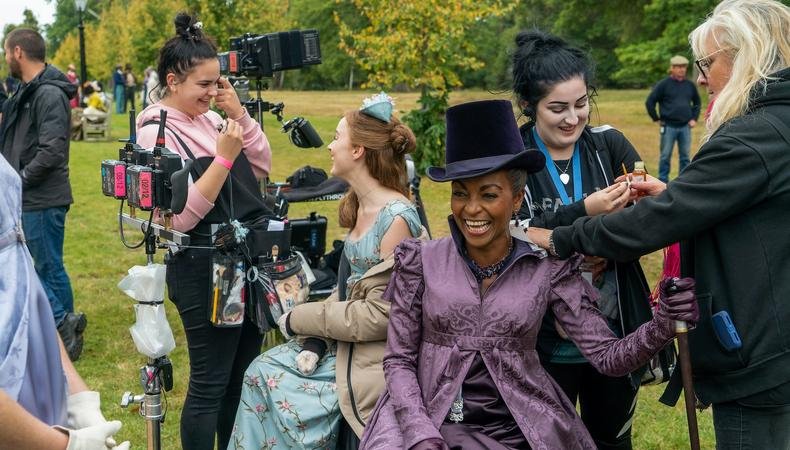On-Set Etiquette: Essential Guide for Child Actors and Their Parents
Did you know a child actor's success depends not only on talent but also on their on-set behavior? This guide, filled with real-life scenarios, will help parents navigate the unwritten rules of on-set etiquette, ensuring their young performers make a lasting positive impression.
What is On-Set Etiquette?
On-set etiquette encompasses the professional behaviors expected in a production environment, including punctuality, respect for colleagues, and adherence to set rules.
Key On-Set Manners for Child Actors
1. Punctuality:
Arriving on time shows respect for everyone's schedule and the production's budget.
Example: Twelve-year-old Sarah arrives at 6:45 AM for a 7 AM call time, giving her time to check in, get to wardrobe, and be ready for her 7:15 AM scene. This allows the production to start on time, impressing the director and crew.
2. Active Listening:
Teach your child to pay attention and follow directions from directors, crew members, and studio teachers.
Scenario: During a complex scene, the director gives 10-year-old Tom specific instructions about his character's emotions. Tom listens carefully, asks a clarifying question, and then performs the scene incorporating the director's guidance accurately.
3. Universal Respect:
Encourage treating everyone on set equally, from lead actors to catering staff.
Example: Fourteen-year-old Emma makes a point to thank everyone who helps her throughout the day. She expresses gratitude to the wardrobe assistant for helping her with a tricky costume change, says "thank you" to the boom operator after he adjusts the microphone for her, and compliments the catering staff on the lunch. Her consistent politeness and appreciation, regardless of someone's role, creates a positive atmosphere and earns her respect from the entire crew.
4. Patience and Quiet:
Help your child understand the importance of staying calm during long waits and maintaining silence when required.
Scenario: During a long technical setup, 9-year-old Max sits quietly reading a book instead of chatting loudly or fidgeting, allowing the crew to work efficiently without distractions.
5. Professional Performance:
Emphasize the importance of consistently delivering their best work.
Example: Despite being tired after a long day of shooting, 13-year-old Olivia gives her all in the final scene of the day, delivering her lines with the same energy and focus as she did in the morning.
6. Graceful Handling of Feedback:
Guide your child in accepting criticism constructively, viewing it as an opportunity for growth.
Scenario: After a scene, the director suggests 11-year-old Jack try a different approach to his character's reaction. Instead of getting upset, Jack thanks the director, asks for clarification, and enthusiastically tries the scene again with the new direction.
Building Positive Relationships
Encourage your child to greet everyone on set warmly and express gratitude regularly. Fifteen-year-old Sophia makes a point to learn the names of crew members and greets them each morning. She thanks the makeup artist for their work and compliments the caterer on the delicious lunch.
Managing Downtime Effectively
Use breaks for rest, refreshment, or quiet study. During a long break between scenes, 10-year-old Ryan quietly works on his homework in his designated area instead of running around the set or disturbing others who are working.
Overcoming On-Set Challenges
Prepare your child for long hours and potentially difficult scenes. When 12-year-old Mia is filming an emotional scene that requires multiple takes, she remains professional despite feeling frustrated. She takes deep breaths between takes and continues to give her best effort without complaining.
Parent's Role on Set
Be supportive without interfering with the production. When 8-year-old Charlie struggles with a scene, his mother resists the urge to intervene. Instead, she stays in the designated waiting area, allowing the director and child wrangler to work with Charlie directly.
Mastering on-set etiquette is crucial for a child actor's career longevity. These manners, as demonstrated in our examples, contribute to a positive working environment and can significantly enhance your child's reputation in the industry.
Want to further support your child's acting journey? Child Actor 101 offers comprehensive resources and classes for young performers and their parents. Visit Child Actor 101 Classes to learn more about nurturing your child's talent and on-set professionalism.




